‘That’s Extortion’: New Tariff Rules Bring Surprise Charges to American Consumers
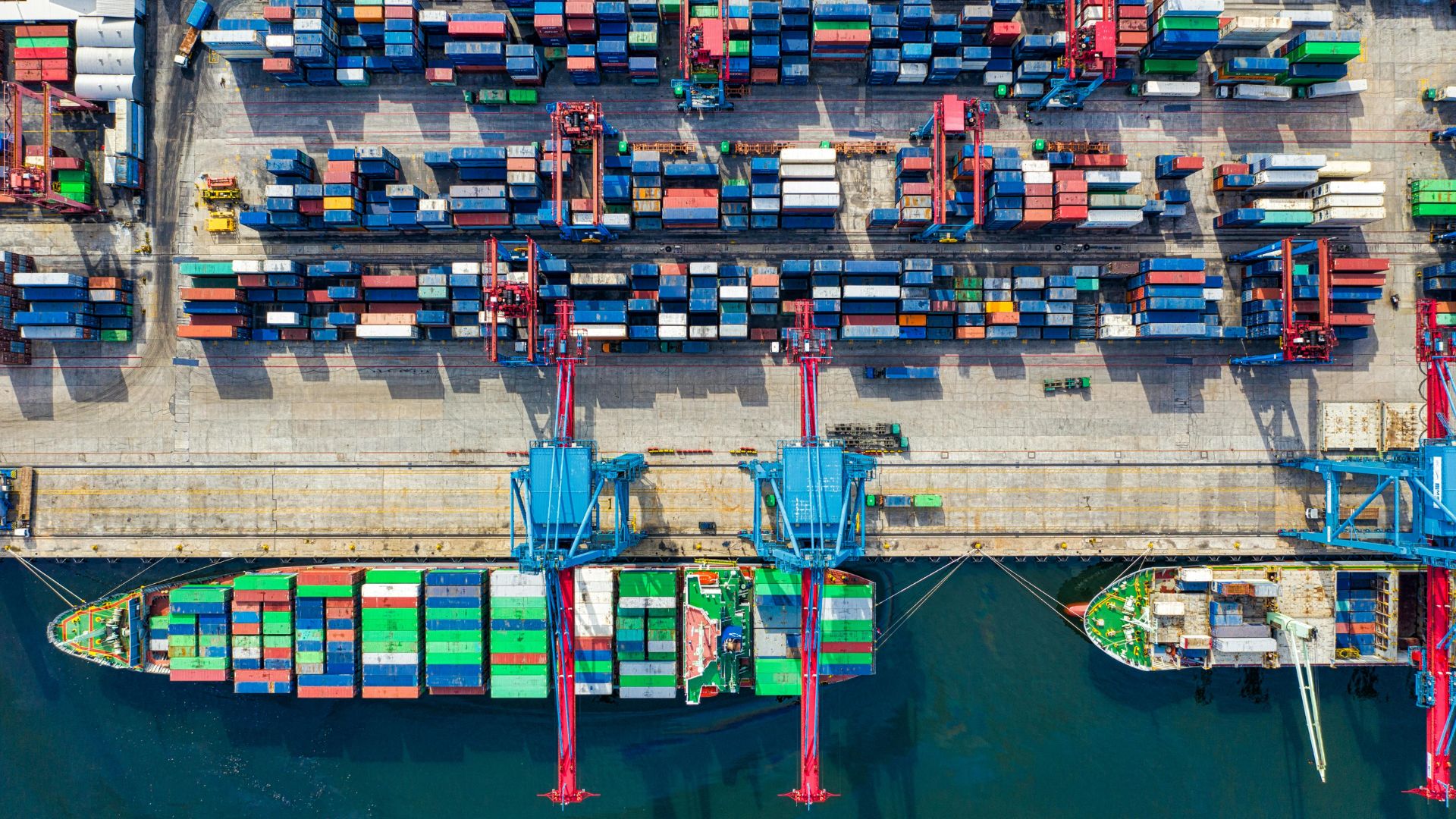

Consumers have been hit by a new wave of shocking bills after a new set of tariff rules was issued this month. Business owners and consumers are expressing mounting frustrations over the unexpected fees and are beginning to turn away shipments rather than pay. This is causing massive chaos in supply chains and disputes between suppliers, businesses, and consumers.
The New Rule
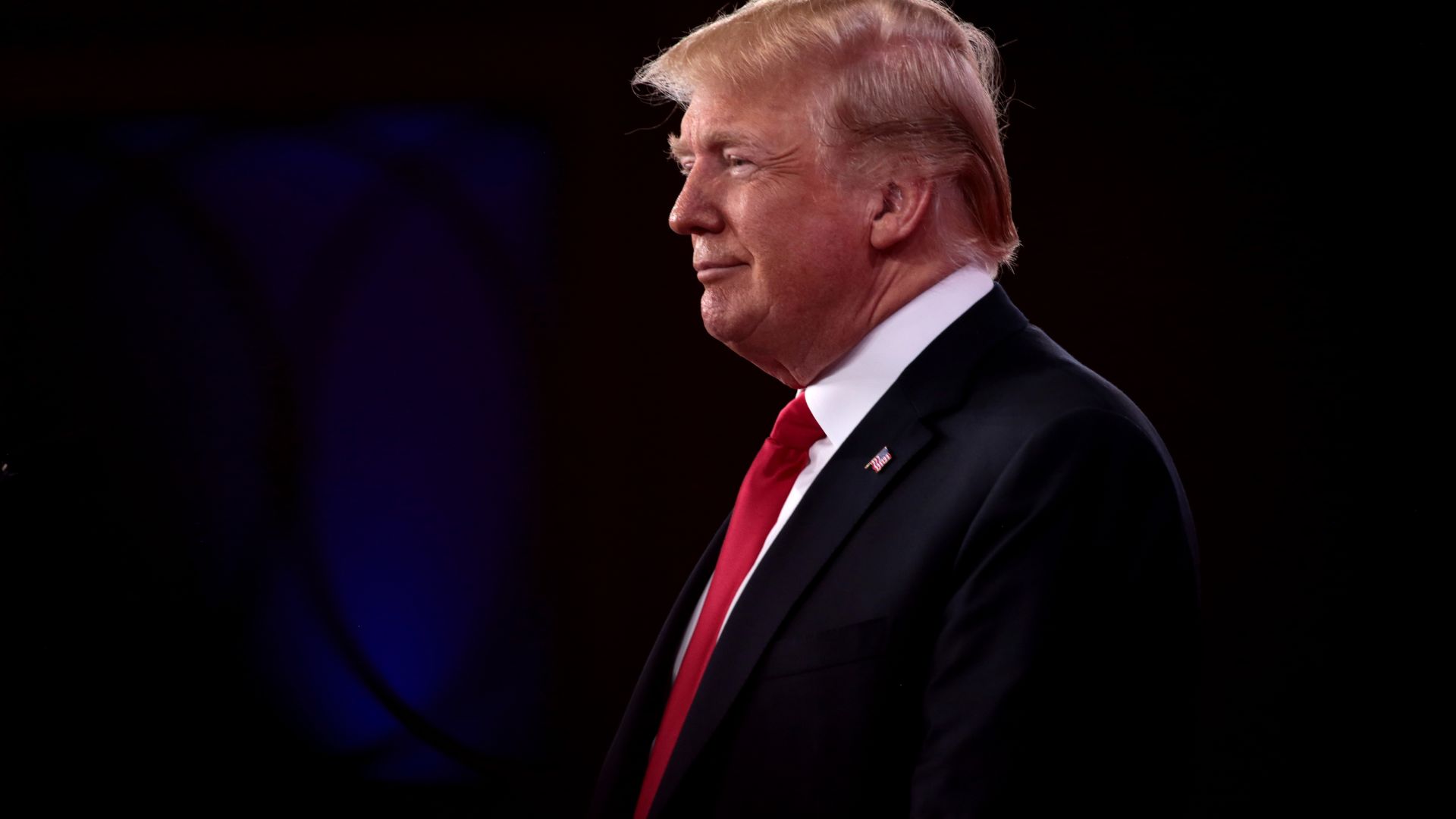
On August 29, the Trump administration issued new rules on minimis goods coming into the U.S. Minimis or “De minimis” goods are low-value items that were previously exempt from tariffs due to their small dollar amount.
Eliminating The De Minimis Rule

Per the De Minimis rule, goods that were less than $800 were not subject to tariffs. However, President Trump eliminated the de minimis exemption and implemented a 10% universal tariff at the end of August. This change was a shock to many businesses, who now received surprising bills for products that were previously exempt from tariff rules.
Consequences of The New Rules

The new rules have many implications, including increased rates on trading partners. Both shoppers and shippers are navigating the new changes and confusion around the rules. It forces business owners to decide between footing the bill or placing the financial burden on their consumers.
Business Owners Suffering

In one instance, Thomas Andrews, owner of a vintage computer restoring business in New York, explained that he bought a part from overseas for $750. He was horrified to receive a bill from DHL for $1,400, almost double the price of the actual part. Andrews explained, “That’s extortion”.
Confusion Around Tariffs

In this case, a DHL representative explained that there was a mistake and the bill was incorrect. It should have been $110; however, the damage had already been done, as Andrews refused the shipment to avoid the charge.
Canceling Shipments to Avoid Chargers

This is where the supply chain chaos begins. Business owners are starting to simply deny shipments because the tariff costs associated with them are simply too high. Shoppers are frustrated as they receive bills that they had no notice of when purchasing.
Shippers Become Overwhelmed
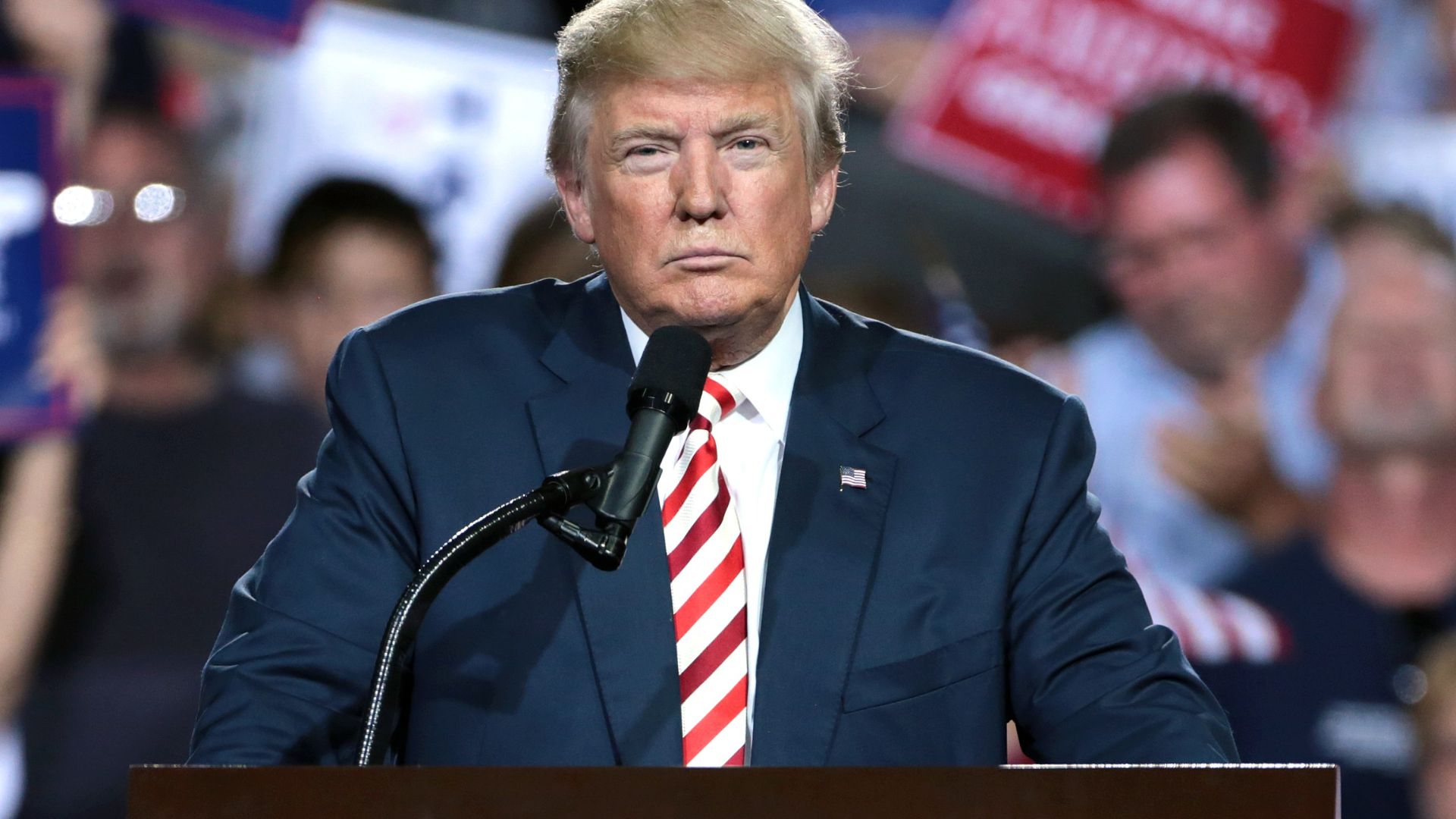
In return, the shipment companies like FedEx, DHL, and UPS are being flooded with complaints and charge dispute messages in addition to many return requests.
Challenging The Rule
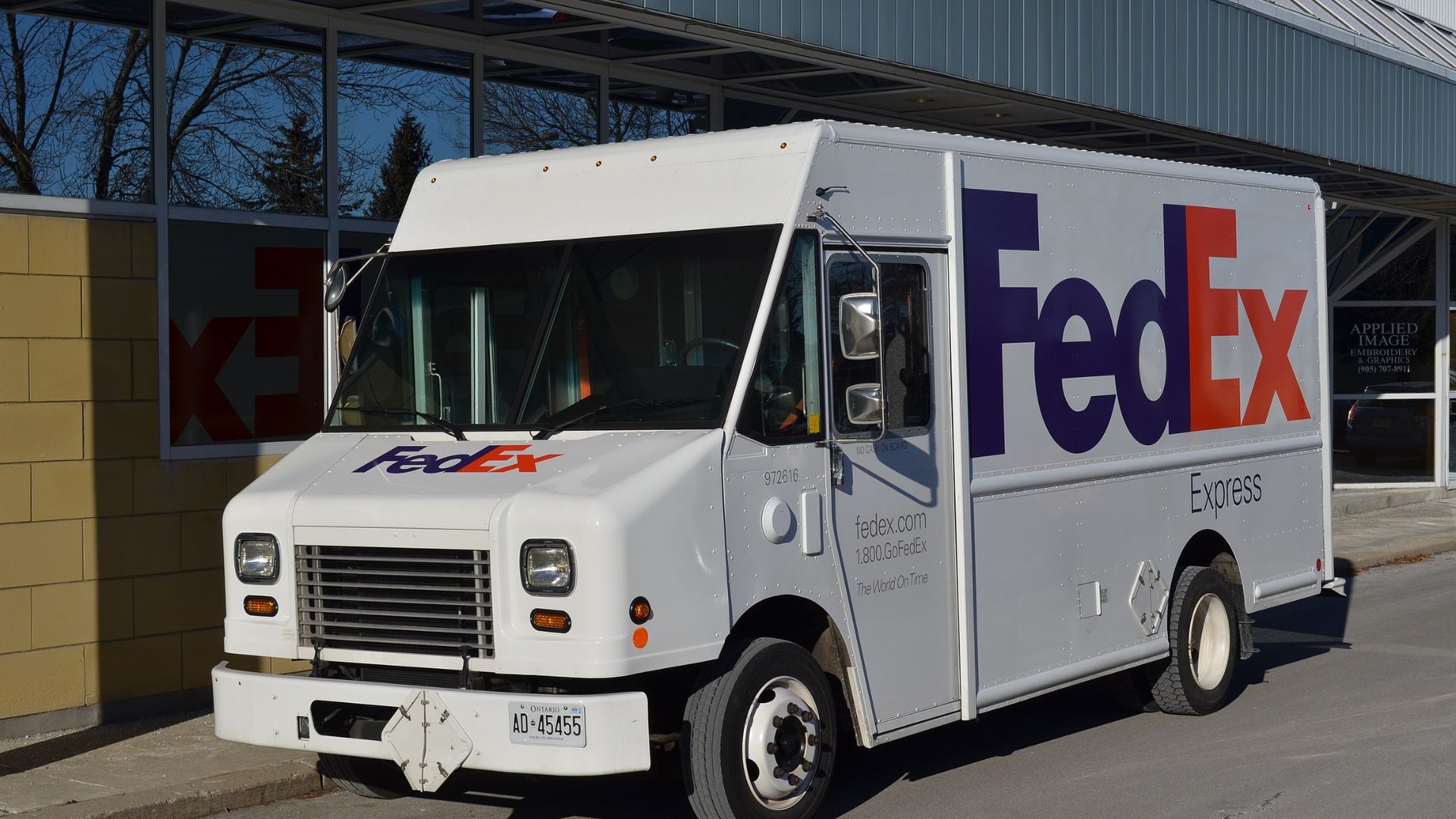
The de minimis rule implemented by President Trump’s administration is being challenged in court. In May 2025, the International Emergency Economic Powers Act tariffs were ruled unlawful; however, the rules remain in effect until the pending Supreme Court review.
U.S. Businesses Paying The Price
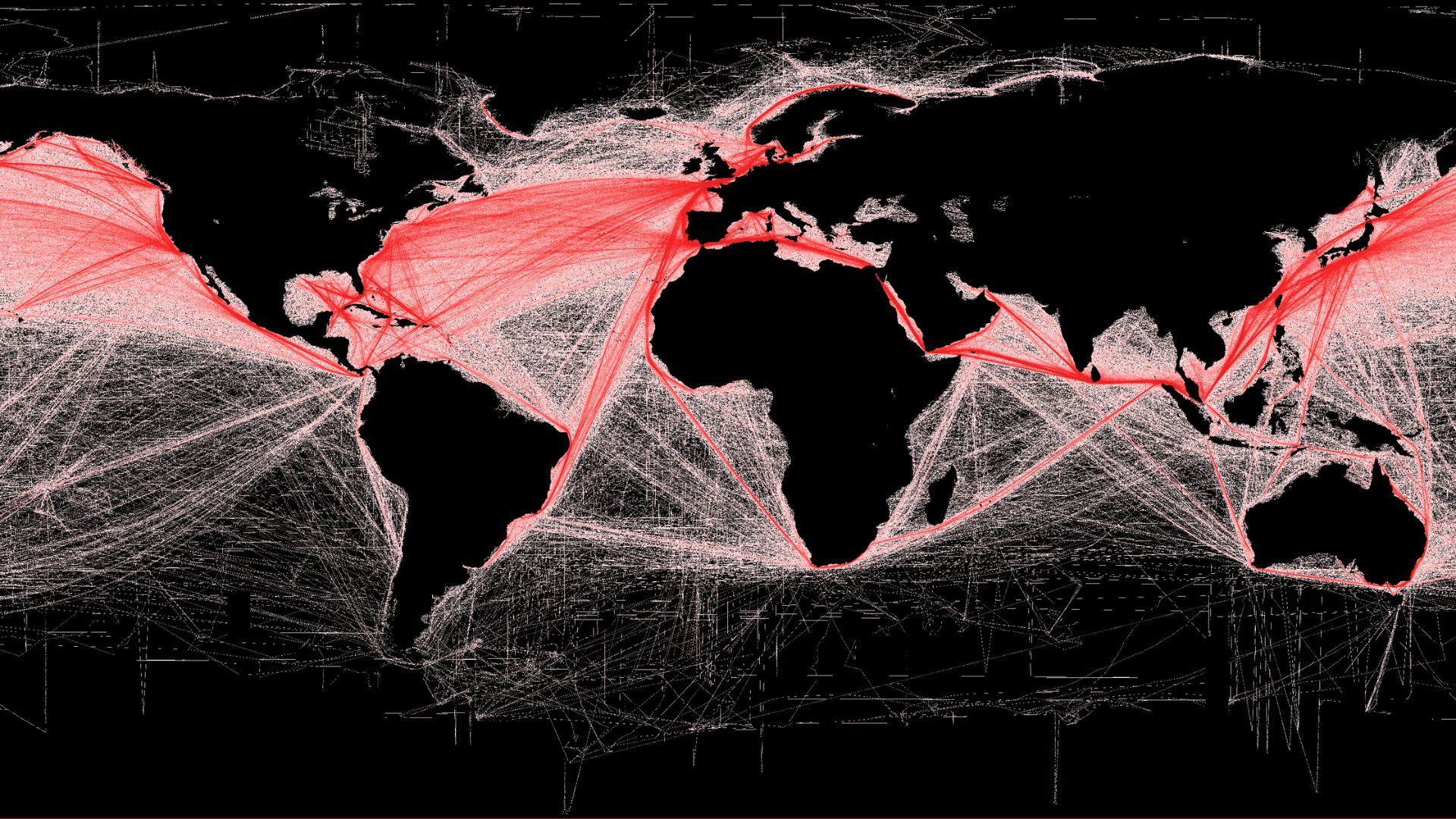
Unfortunately, it is U.S. businesses that are paying the price for these rules. And it is their difficult decision to refuse shipments and avoid the costs, or to place the additional costs on their consumers. One shop owner in Florida who received a tariff bill for more than $1,000 on a $600 international purchase stated, “It just doesn’t feel like the American way to me”.